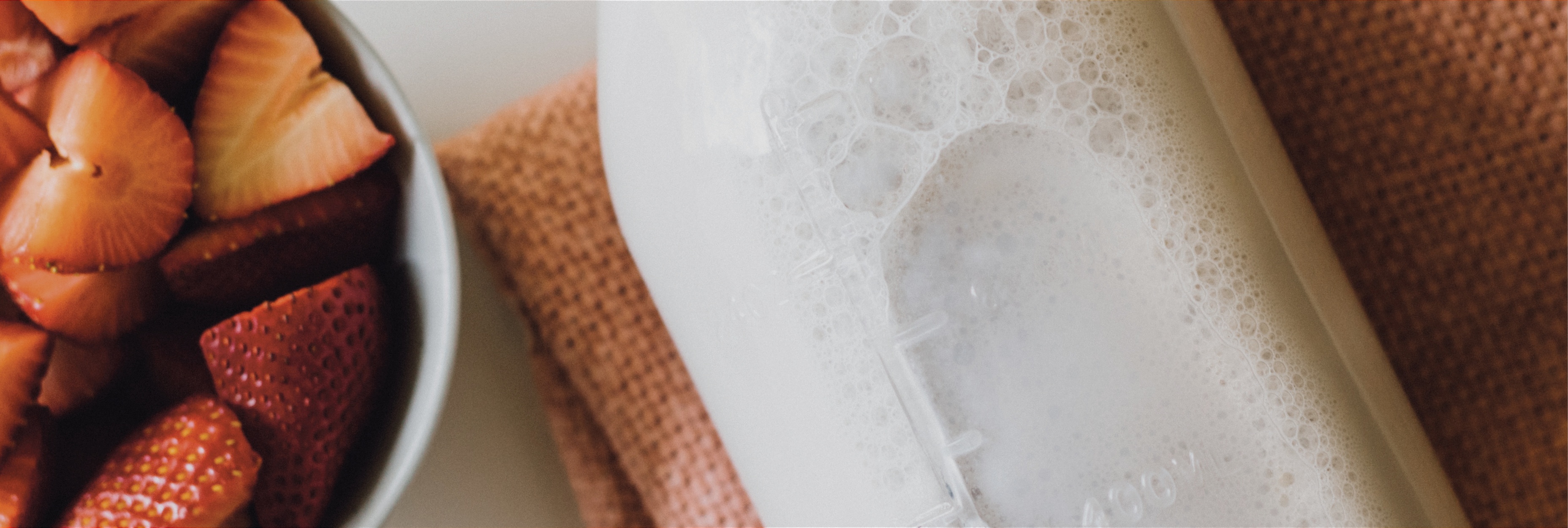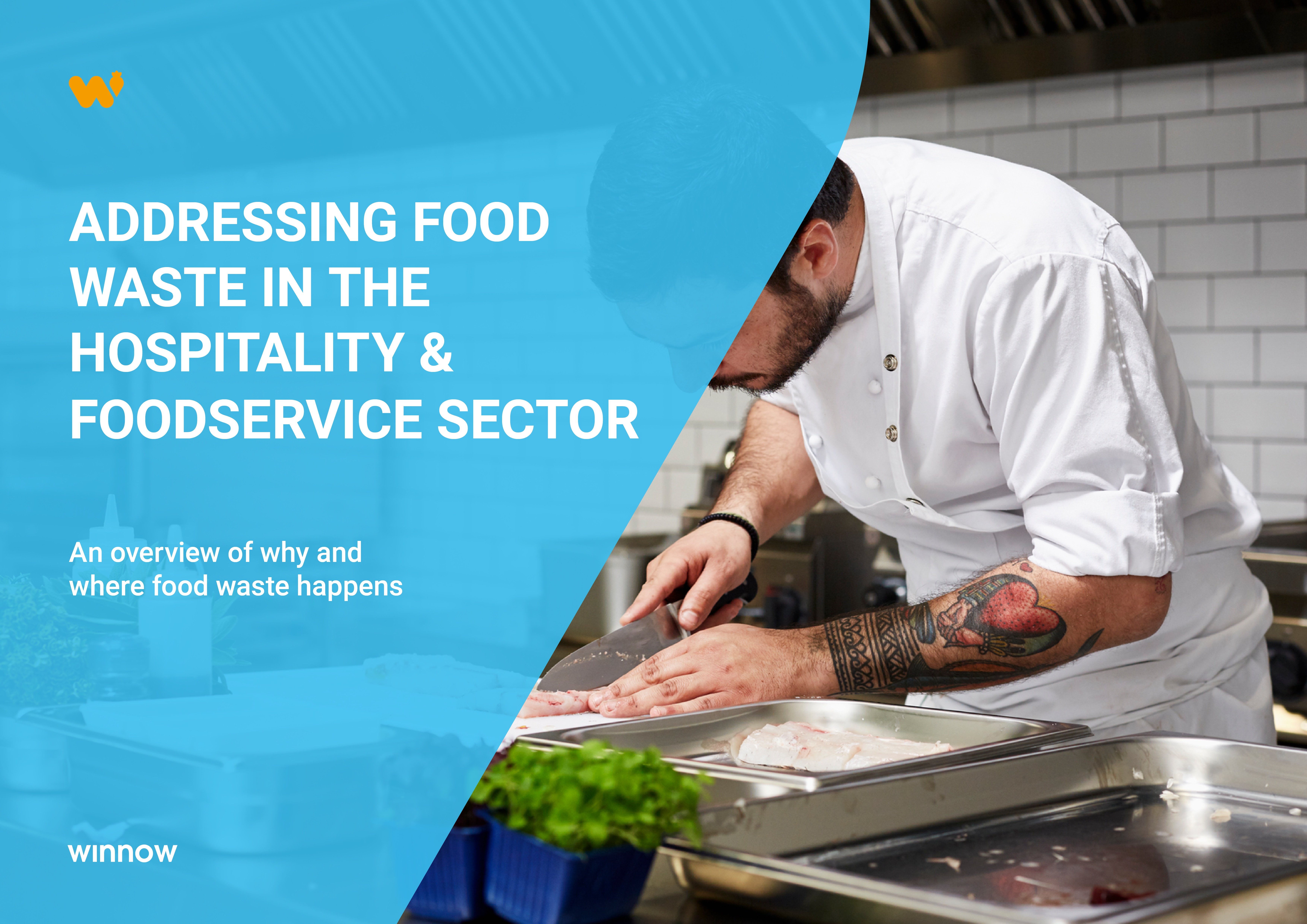Public interest in plastics and its damaging effects on the environment soared after the recent Blue Planet 2 series. This has resulted in many businesses - like McDonald’s pledging to ban plastics straws this year in the UK and Ireland - calling for the food packaging industry to reduce, or even get rid of, packaging around some fresh foods. Now this debate has surfaced, how does it impact the discussion around food waste? Whilst plastic may be a necessary evil to prevent food waste, there are a growing number of more sustainable alternatives.
Much of the plastic that packages fresh food extends the life of the food. For instance, the plastic sleeve around a cucumber extends the shelf life from 3 to 15 days. As a consequence, forecasts of how much food they need will be more reliable, food waste goes down and they are spending less on food. Currently, food waste costs the UK hospitality sector £2.5billion a year but without plastic this figure would be even higher as spoilage would go up. This shows, therefore, that plastic packaging is very important for the hospitality sector.
On the other hand, a recent study by Friends of the Earth and Zero Waste Europe has found that plastic packaging on food increased by 40-50% between 2004 and 2014, while food waste doubled in the same period. This indicated that plastic packaging did little or nothing to reduce food waste. Some argue (e.g. Robert Lilienfeld) that the conclusions that were drawn by the study are questionable. Lilienfeld argues that the increase in waste is caused by other reasons, such as a rise in the amount of healthy food that we have bought over the last decade.
Multi-packs, however, which are made possible by plastics, are a problem. This is because they force consumers to buy more food than they might need and thus drive an increase in food waste. Food waste from multi-packs could be easily reduced if restaurants tracked their food - eg. using a Winnow System - so that they could improve the amount they buy. However, if you were to get rid of plastic entirely, food waste would go up significantly, and this change would be very hard to reverse as the life of food would be so short.
Plastic is essential for the professional kitchen, but it is evident that we need to stop using single-use plastics. There are currently many different alternatives to single use plastic that are being developed. These include compostable packaging made from plant-based materials, (Foxpak, Vegware and BIOPAC) and even from the milk protein casein (Lactips).
The plastic film made from casein is up to 500X more effective as a barrier to oxygen than oil-based plastics are. This means that it has the potential to keep certain foods fresher for longer, reducing spoilage even further. Part of the appeal of Lactips is that it is water soluble, so will not cause damage to sea life if it gets into the oceans.
However, this does mean that it may not be suitable (at the moment) for packaging certain fresh foods. This is a recurring problem with biodegradable packaging. It might start to biodegrade while it is still needed to keep the product fresh. Compostable plastics that don’t face this problem often need specific conditions in which to break down. This means that they can be just as harmful to the environment.
These inventions show that there are alternatives. Nonetheless further development is required so that they are more effective and can be manufactured on an industrial scale. Hopefully, given the recent interest in plastic, biodegradable plastic companies will receive more investment and accelerate the day where they are ubiquitous. However, until they are, here are a few tips for reducing plastic waste in your kitchen, while making sure that food waste is not also increased!
- Wash packaging before it’s thrown away to make sure that it’s not too contaminated to be recycled.
- Encourage recycling of plastic in your kitchen by providing more bins.
- Teach your employees about which materials are recyclable and which are not.
While plastics may increase food waste in some areas (for example, due to multi-packs) plastics are a necessary evil without which food waste would be increased to unsustainable levels. Plastics are also essential for the cash flow of many restaurants and hotels, as they allow them to buy in less food than they might otherwise need. However, new alternatives to oil-based plastics are being developed. Cost comparable options should soon be available for all types of packaging. In the meantime, though, we must all try to reduce our plastic waste as much as possible.
Photo credit: Adrienne Leonard via Unsplash










Comment on my blog